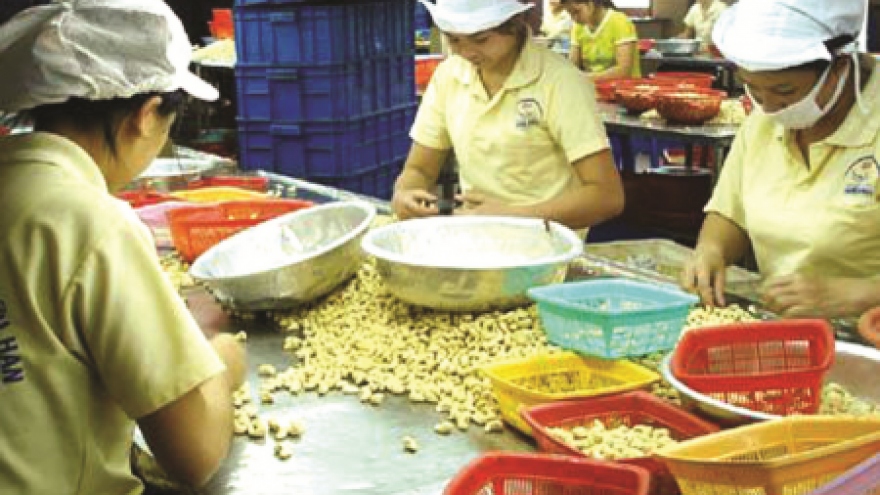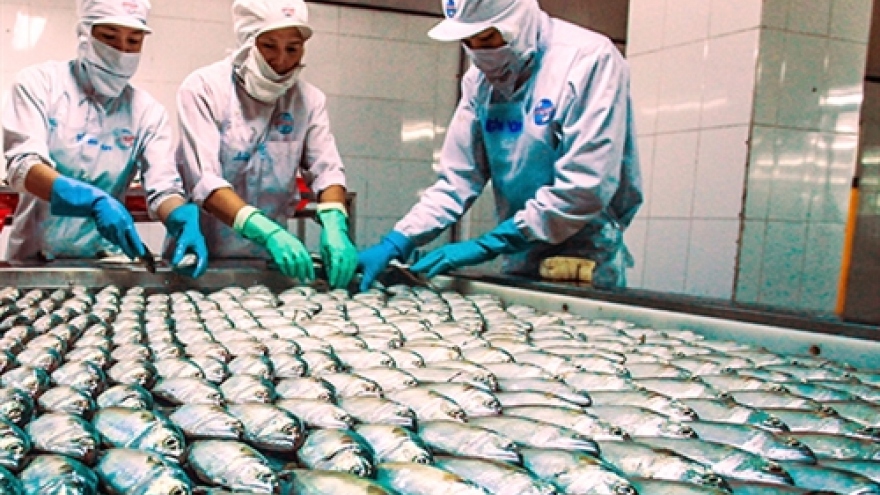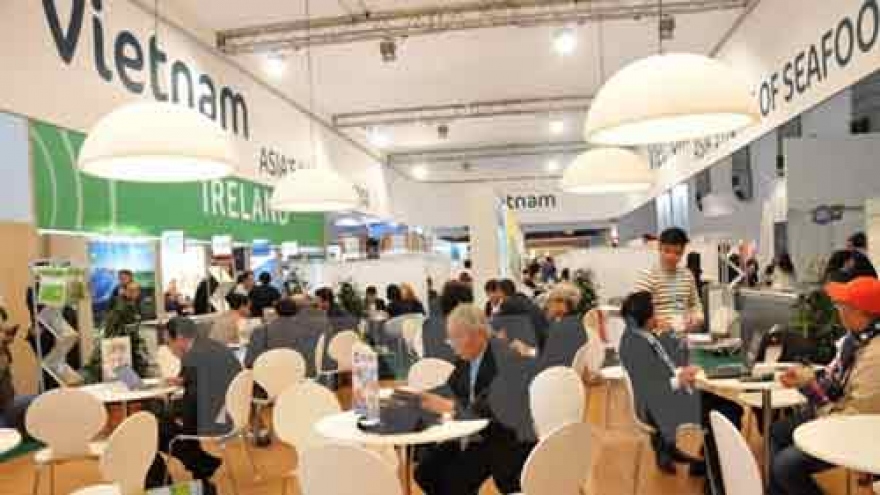Lagging farm economy slows economic growth of Vietnam
VOV.VN - Economic growth has slowed in the first four months of the year in many industries in Vietnam but is holding its own in others, reflecting a crunch at factories producing exports.
 |
None of the industries are in outright recession, says the Vietnam Association of Seafood Exporters and Producers (VASEP), but growth in many has slowed significantly over the rate experienced for the same four-month period last year.
Agriculture, forestry and fishing faced an output contraction for the first time in over 15 years as drought and saltwater intrusion dampened production in the Mekong Delta, said Truong Dinh Hoe, secretary general of VASEP.
"Manufacturing activity was generally softer, mostly due to output declines in export-related industries," Mr Hoe underscored.
Though, Mr Hoe was quick to point out that economists at VASEP believe the pace of manufacturing will quicken in the coming months given that the second half of the year is peak season for the segment.
Resilient construction activity as a result of robust foreign direct investment disbursements was the salvation for the economy in the early months of the year and this strength will likely continue, said Mr Hoe.
On the back of the poor performance of industries comprising agriculture, forestry and fishing and the uncertainty of their full recovery yet this year, VASEP is concerned that the growth target of 6.8% set by the National Assembly for the economy won’t be achieved.
Dr Nguyen Do Anh Tuan, director of the Institute of Policy and Strategy for Agriculture and Rural Development, shares Mr Hoe’s concerns over the ability of agriculture to bounce back and regain momentum.
According to Do Anh Tuan, “Agriculture in Vietnam, and the rice segment in particular, is losing its competitive advantage in the global market brought about by a number of factors.”
On the one hand, rivals for lower quality rice – such as Cambodia and Myanmar – with their rich natural resources and cheap workforces, are making it less profitable for Vietnam farmers to continue to grow rice.
On the other hand, India and Pakistan have already cornered the more lucrative market for fragrant rice, said Mr Tuan, and the industry in Vietnam has a lot of catching up to do.
Do Thang Hai, deputy minister the Ministry of Industry and Trade (MoIT) said he believes it could take more than a decade to turn the slump in rice production around and get on track to producing high quality rice at a profit.
The scheme to develop a fragrant rice that can compete head on with Thai and Indian rice could take until the year 2030 to fully implement, said Mr Hai, and it will take a lot of investment in infrastructure, technology and marketing to accomplish.
The MoIT reported that in the first four months the year Vietnam exports reached a year-on-year increase of 6% in total export value to US$52.87 billion. The rate was lower than the growth rate of 7.2% in the first four months of 2015.



